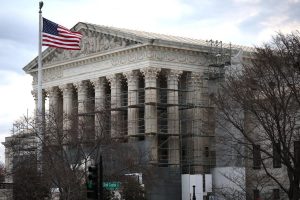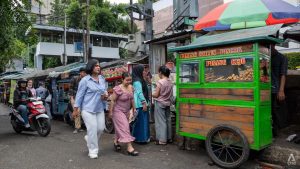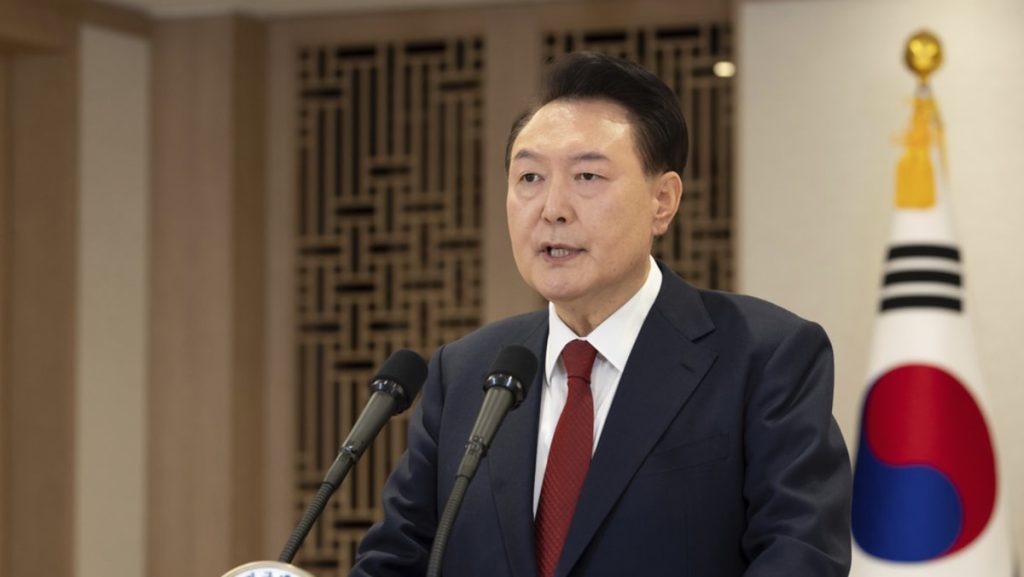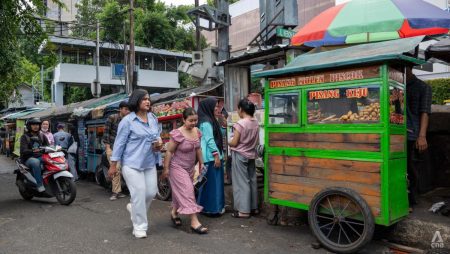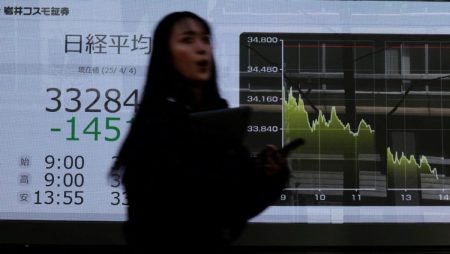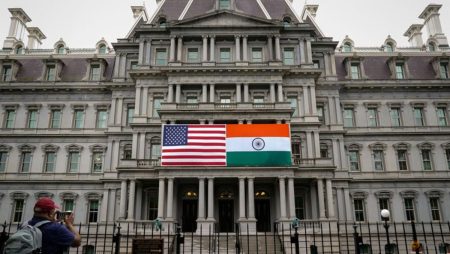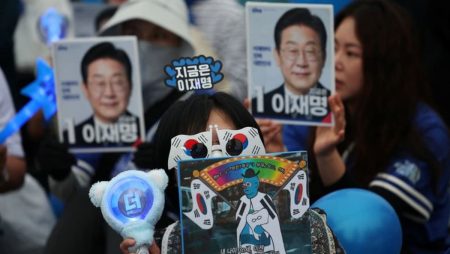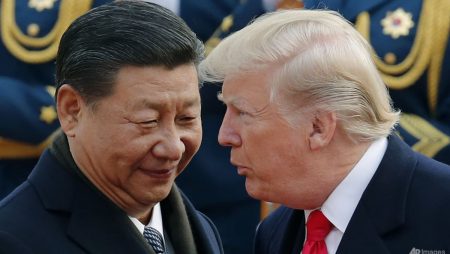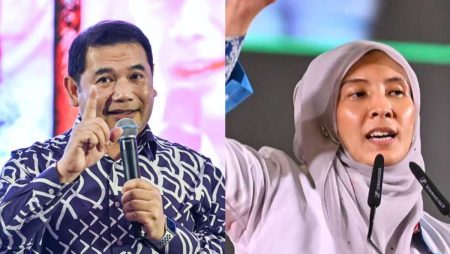The political landscape in South Korea is embroiled in a fierce debate surrounding the potential impeachment of President Yoon Suk-yeol. The controversy stems from Yoon’s controversial remarks and actions, including the suggestion of declaring martial law, which have sparked widespread public disapproval and fueled calls for his removal from office. The opposition parties, holding a majority in the National Assembly, are spearheading the impeachment effort, but require a certain number of votes from the ruling People Power Party (PPP) to reach the necessary two-thirds majority for impeachment. This crucial dependence on PPP members has created a highly charged political atmosphere, with intense pressure mounting on individual lawmakers to decide their stance on the impeachment motion.
The central issue revolves around the escalating public discontent with President Yoon’s leadership. Opinion polls reveal a significant majority of South Koreans favor impeachment, reflecting widespread dissatisfaction with his performance and policies. This public sentiment puts immense pressure on the opposition parties to pursue impeachment, while simultaneously placing the PPP in a precarious position. The party must carefully navigate the conflicting demands of its constituents, some of whom support impeachment and others who remain loyal to the president. This internal division within the PPP further complicates the impeachment process and underscores the deep political fissures within the country.
The recent developments, including Yoon’s controversial speech hinting at martial law and the subsequent backlash, have intensified the impeachment debate. Yoon’s remarks, while possibly galvanizing some loyalists, have also alienated a significant portion of the population, including some within his own party. These remarks have been interpreted by many as an overreach of presidential power and a threat to democratic principles. The increased public support for impeachment following the speech indicates a growing disillusionment with Yoon’s leadership and a strengthening conviction that he is unfit for office. This shift in public opinion further empowers the opposition parties and increases the likelihood of a successful impeachment motion.
The opposition parties, while holding a near majority, require a small but critical number of PPP members to join their ranks to reach the threshold for impeachment. This dependence on PPP lawmakers adds a layer of complexity to the political maneuvering. The potential defection of PPP members creates internal tensions within the ruling party and highlights the deep political divisions surrounding the impeachment issue. Lawmakers face intense scrutiny and pressure from both sides, forcing them to carefully weigh the potential consequences of their decision. The willingness of some PPP members to openly consider impeachment underscores the gravity of the situation and the growing unease within the ruling party itself.
One key factor influencing the decisions of individual PPP lawmakers is the president’s recent controversial remarks. While these remarks may have solidified support among some loyalists, they have also alienated others, including some within the PPP itself. The disillusionment expressed by some PPP members suggests a growing recognition that the president’s actions are jeopardizing the party’s standing and potentially harming its prospects in future elections. This internal dissent within the PPP creates a window of opportunity for the opposition parties to garner the necessary support for impeachment.
The political climate in South Korea is highly charged, with the impeachment debate dominating the national conversation. The opposition parties are determined to pursue impeachment, driven by both public pressure and a belief that the president’s actions warrant removal from office. The PPP finds itself in a difficult position, grappling with internal divisions and facing the daunting task of balancing loyalty to the president with the growing public support for impeachment. The ultimate outcome of the impeachment effort remains uncertain, with the fate of President Yoon hanging in the balance, dependent on the complex political calculations and decisions of individual lawmakers in the coming days and weeks. The unfolding political drama will undoubtedly shape the future trajectory of South Korean politics and have profound implications for the country’s stability and democratic institutions.

